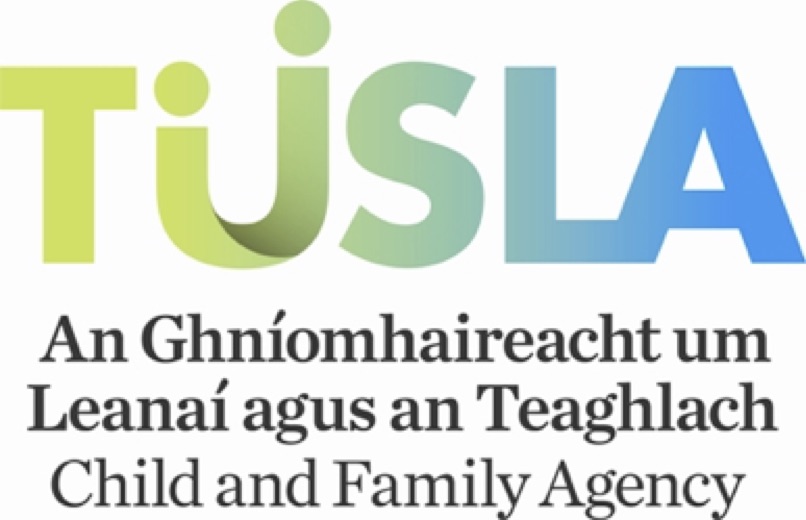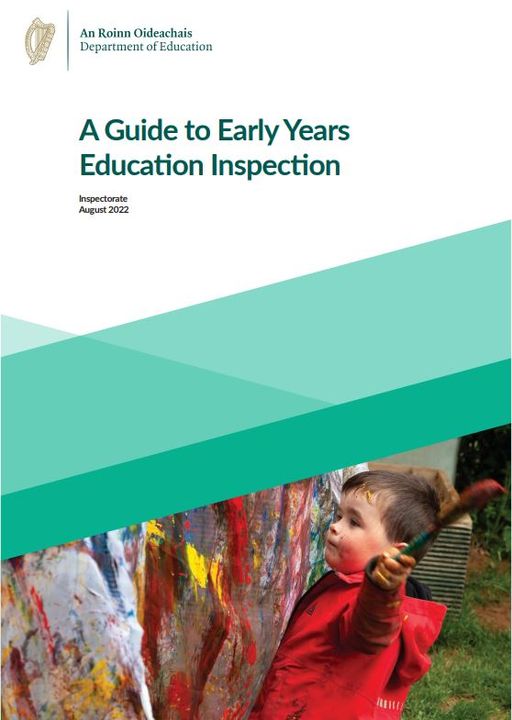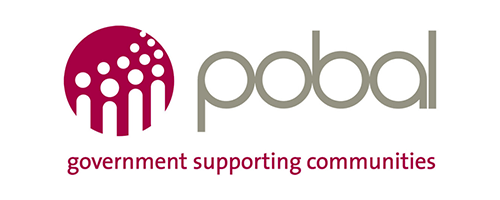Tusla
Pre-School Regulations 2016
Please refer to Early Years (Pre School) Inspectorate section of the Tusla Website for information on the Pre-School Regulations, Registration, Inspection Reports and other useful information in relation to the provision and inspection of Early Years (Childcare) Services.
We have linked some of this information below.
Child Care Act 1991 (Early Years Services) Regulations 2016 become operational on 30th June 2016.
Tusla has produced a question and answer document on the above regulations. It was developed following briefing sessions that the Early Years Inspectorate had with the sector in May and June 2016. Questions gathered came from providers, city & county childcare committees and from stakeholder groups. See the full Regulations 2016 Q & A.
Pre-School Regulations 2016
The Early Years Inspectorate has developed a Quality and Regulatory Framework (QRF), to support registered Early Years Services to comply with the 2016 Regulations. The QRF does this by setting out the core regulatory requirements in a transparent way, bringing together evidence-based, national and international research and best practice in Early Years. The QRF aims to support registered providers in achieving compliance with the regulations and enhance the safety and care of children who attend these services. The QRF is child-centred, with a specific focus on the quality and safety of the care provided directly to children using the services.
Tusla Early Years Inspectorate, in collaboration with the Department of Children, Equality, Disability, Integration and Youth, launched the Quality and Regulatory Framework on Wednesday the 5th of September 2018 in Dublin.
There is a QRF relevant to all services below. Full list of QRF can be found here.

Helpful links
National Standards for Pre-school Services: Full-Day Care Service
Pre-School Inspection Reports
Focused Inspection Tool
Pre-school Inspection Outcome Report
Standard Operating Procedures
Written documents requested by Inspector during the course of Early Years Inspection
Early Years Education Focused Inspection (EYEI)
Early-Years Education-focused Inspections (EYEI) are carried out in early-years services participating in the Early Childhood Care and Education (ECCE) Programme – a programme which provides a period of free early childhood care and education for children before they start school.
During these inspections, the quality of the nature, range and appropriateness of the early educational experiences for children participating in the ECCE Programme is evaluated.
The main activity of an EYEI inspection is the observation, by the inspector, of the processes and practices relating to children’s learning in one or more learning rooms or areas in the early-years setting.
At the end of each inspection the early-years practitioners and the owners/managers (where available) are given with feedback on the quality of educational provision in the setting. Subsequently we send a written report to the pre-school inspected outlining the inspection findings and providing advice as to how educational provision in the setting can be further developed or improved.
The inspection report is published on the Department of Education and Skills website and on the website of The Department of Children, Equality, Disability, Integration and Youth.
Useful Resources
Garda Vetting
Under Regulation 9 Management and Recruitment of the Child Care Act 1991 (Early Years’ Services) Regulations 2016 all staff members or any persons in direct contact with children in an early years’ service must secure Garda Vetting Disclosure before employment/access commences. This includes Special Needs Assistants (SNA) employed by parents or the service, students, unpaid workers, contractors and members of Board of Management. Those who have lived in another country for more than six consecutive months must provide police vetting from the country in which they resided.
The National Vetting Bureau (Children and Vulnerable Persons) Act 2012 (No. 47 of 2012) makes provision for the protection of children and vulnerable persons and it provides for the establishment and maintenance of a national vetting bureau (children and vulnerable persons) database system. This provides for the establishment of procedures that are to apply, in respect of persons who wish to undertake certain work or services or activities relating to children or vulnerable persons. The National Vetting Bureau Children & Vulnerable Persons Act, 2012 commenced on 29th April 2016. From the 29th April 2016 it is a criminal offence not to have Garda vetting disclosure when working with children and vulnerable adults.
Update to the Garda Vetting Process- GNVB Number Services will now be required to apply for a Garda National Vetting Bureau Affiliate Registration Number (GNVB). Barnardos, Early Childhood Ireland and St. Nicholas Montessori Society of Ireland continue to assist early years services with the processing of garda vetting. As part of this process, an applicant is required to apply for a Garda National Vetting Bureau Affiliate Registration Number (GNVB). This will soon be a compulsory requirement by the Garda National Vetting Bureau. It is important should you be applying for garda vetting that you are aware of this requirement and you allow ample time to apply for same. Please find below a links to Barnardos, Early Childhood Ireland and St. Nicholas Montessori Society of Ireland with their individual information on this process.
A Garda Vetting webinar is now available below, from the National Child Safeguarding Programme website. More information can be found under the Early Learning and Care and School Aged Childcare section along with the supporting information.
Where to apply
For members of the Early Childhood Ireland Association (ECI)
Early years services/childminders who are not members of the above mentioned organisation
St Nicholas Montessori Society of Ireland
A registered provider of Garda Vetting
For those who have lived outside Ireland for longer than 6 months
Those who have lived in another country for more than six consecutive months may find out more information from the Embassy of that country.
Regulations: Resources
Childcare Act 1991 Early Years Services Regulations 2016
Child Care Act 1991 (Early Years Services) (Amendment) Regulations 2016
Child Care Act 1991 (Early Years Services)(Registration of School Age Services) Regulations 2018
Tusla Garda Vetting Regulatory Notices
Accessing published inspection reports
Early Years Inspector Contact Details
First 5 Guidance during COVID-19; for up to date guidance for service providers and parents



